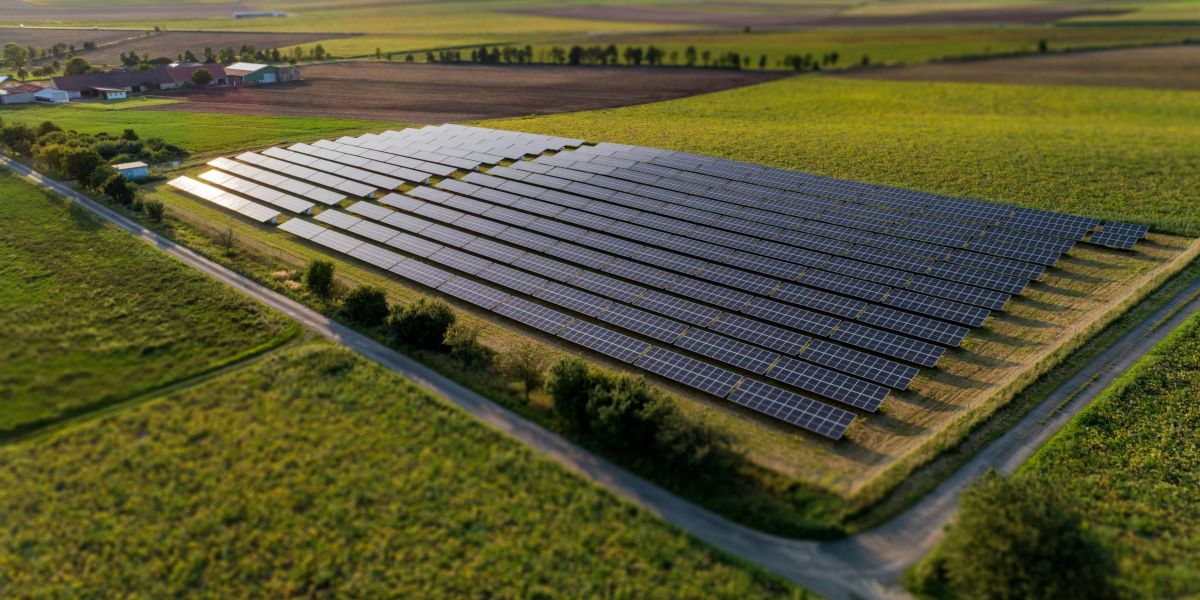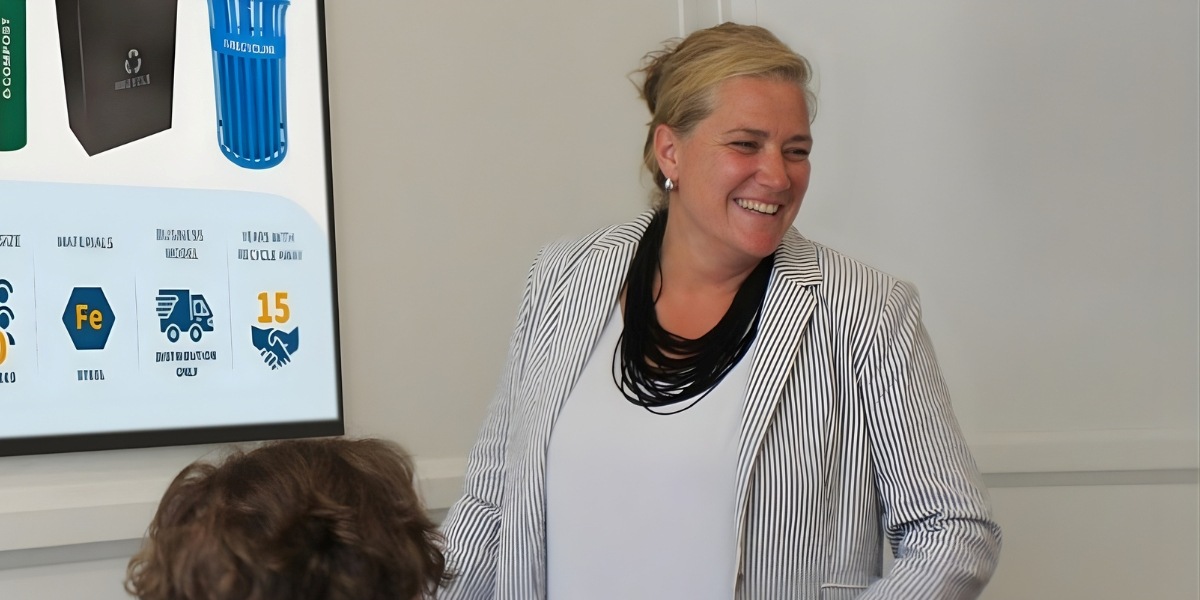By: Jastine Beatrice Yap
As the Managing Director of Farazad Advisory GmbH, Korosh Farazad plays a key role in supporting sustainable investment ventures that align business strategy with environmental responsibility. His latest initiative involves NuGreen Inc., a company that has developed clinker-free, low-carbon cement designed to reduce the construction industry’s carbon footprint.
In this Q&A, Farazad shares how his firm is helping scale a promising green technology, the challenges and opportunities involved, and why smart alignment between ethics and business strategy matters more than ever.
Q: What attracted Farazad Advisory GmbH to NuGreen’s clinker-free, low-carbon cement solution?
A: NuGreen’s technology was created by a dedicated scientist who patented the formula after years of experimentation. What interested us was not just the science itself but the timing. The cement industry remains one of the biggest sources of carbon emissions, and the demand for alternatives is growing fast.
Our interest came from seeing how this solution could be scaled commercially. NuGreen’s cement avoids pollution-heavy steps like limestone crushing while matching traditional cement in performance. That opens doors in both established and emerging construction markets. Our goal is to secure 2 to 3 percent of the global market—ambitious, but realistic given the current demand for sustainable materials.
Q: What makes NuGreen’s cement unique from a performance and sustainability perspective?
A: The formula blends a proprietary admixture with fly ash, which allows for faster drying and a lower environmental impact. This makes it well-suited for use in large-scale infrastructure development where timelines and efficiency are critical. It’s designed to be a like-for-like replacement for traditional Portland cement but with a significantly smaller carbon footprint.
Before we stepped in, the technology had taken more than 15 years and $45 million in R&D to develop. Our role is to provide the infrastructure, market access, and transactional strategy needed to scale production and distribution globally.
Q: How are you navigating today’s economic and trade challenges while growing NuGreen?
A: We accept that the current environment brings constant changes. NuGreen operates in U.S. Dollars, but we conduct business across Europe and Asia, so currency risk is a real concern. We’ve adapted by aligning procurement and logistics strategies to manage fluctuations, particularly with Swiss Francs, Euros, and other major currencies.
In terms of supply chain management, we’ve secured raw material stockpiles from tariff-free zones. One example was rerouting imports through Ras Al Khaimah, then on to Abu Dhabi. This approach helps us stay flexible and resilient, regardless of external shifts. Just recently, we agreed to an exclusive logistics company based in Switzerland to provide all the logistical requirements from origin to delivery on site anywhere on the Globe.
Q: What impact has relocating Farazad Advisory GmbH from London to Zurich had on your business?
A: Moving to Zurich has been a strong strategic step. Within six months, we partnered with one of Switzerland’s leading real estate developers and established a presence in a market that prioritizes sustainable innovation.
The regulatory environment in Switzerland supports our long-term goals. The country’s openness to green business ventures has accelerated our ability to grow NuGreen and build meaningful partnerships. This wasn’t a departure from the UK, but a calculated move for global positioning.
Q: What are the biggest misconceptions about the scalability of low-carbon building technology?
A: Many assume this kind of technology is too niche or complex to scale. That’s simply not the case. Investors are open to these ideas once they understand the basics. The real hurdle tends to be educating institutions, where technical skepticism can slow progress.
We recently worked with a European agency that brought in a cement-specialist geologist to evaluate our claims. Initial doubts faded quickly once we showed how the product works and how it differs from traditional options. The key is communicating clearly and combining data with practical use cases.
Q: What is your long-term vision for Farazad Advisory in the green construction sector?
A: Although Farazad Advisory continues with its focus and streamlining within the Real Estate Capital Markets and M&A proposals from reputable conglomerates, our focus with NuGreen, will allow us broader access to sustainable building solutions. That means working with institutions and developers who want to integrate greener methods into large-scale infrastructure. We’re not in the business of chasing one-off projects. We’re building strategic partnerships where our expertise in finance, logistics, and scale can help deliver long-term results.
We believe that financial returns naturally follow when the focus is on relevance, ethics, and value and the most important, “discipline”. Our work with NuGreen reflects that philosophy—we back technologies that are not only commercially viable but also environmentally necessary.
Korosh Farazad’s efforts with NuGreen reflect a growing shift in how construction and finance intersect. With an eye on sustainability, efficiency, and commercial application, he’s showing that green technologies can meet the demands of global markets without compromise. Through his leadership, NuGreen is preparing to become a major force in reshaping the materials that build our world.










